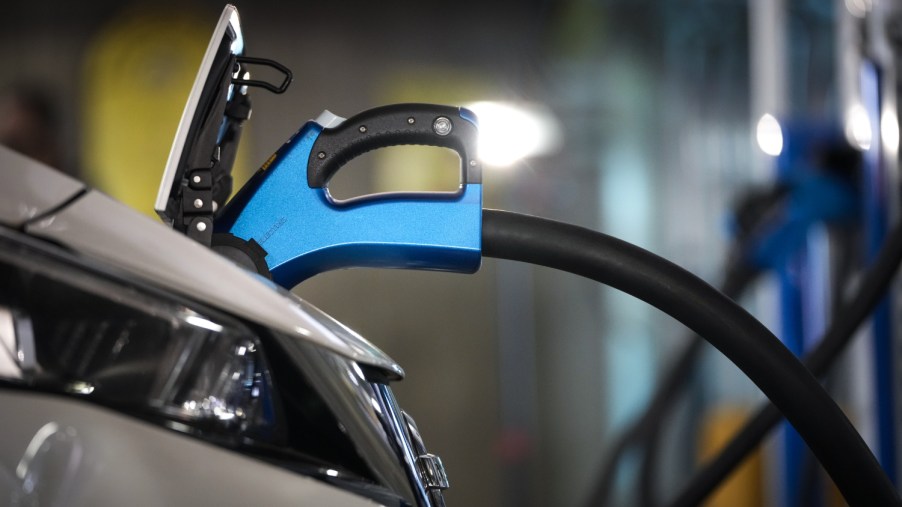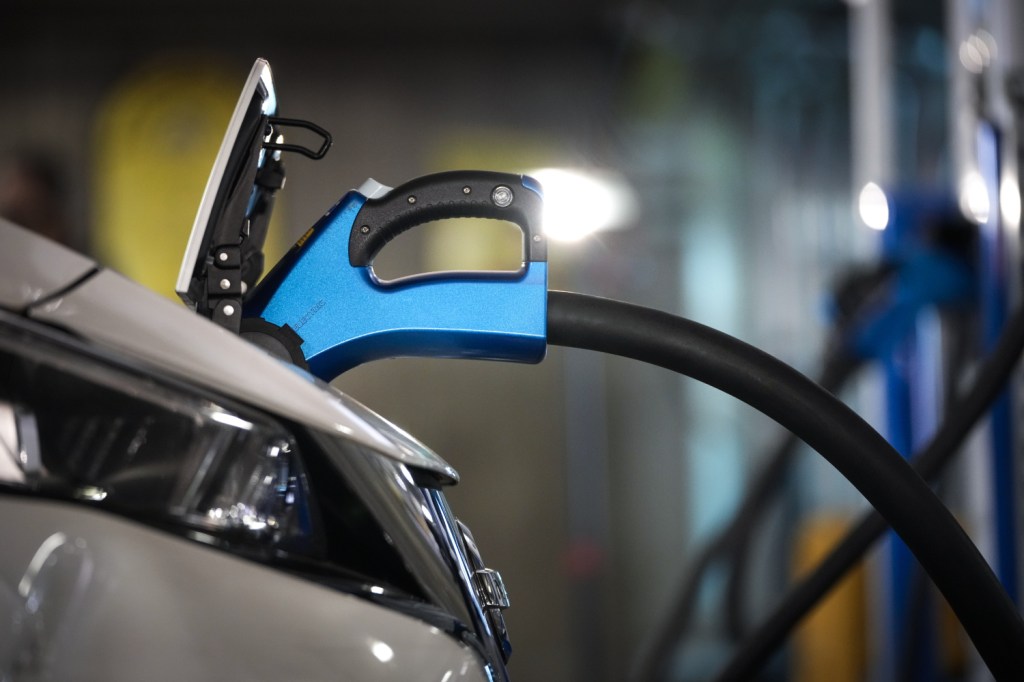
How Many Years Will an Electric Vehicle Last?
Electric vehicles, for the most part, are fairly new. That doesn’t mean that you should avoid buying one, though. Even if an EV isn’t right for your lifestyle right now, the cars (and warranties) will improve with time. So how long will your electric vehicle last? A few factors determine that.
Will all cars be electric in 10 years?

Most automakers have pledged to make the switch to all-electric in the next 10-15 years. With that said, the longevity of electric vehicles will only increase as our knowledge grows.
Have you ever driven down the road and seen an old Toyota Prius? It isn’t that surprising to see. An electric vehicle is slightly less complicated than its gasoline-powered counterparts in a few ways. If owners follow charging best practices, electric vehicles should last for many years.
According to My EV, electric vehicles have fewer parts than gasoline engines. This, in theory, means fewer parts to break. Additionally, EVs only use a single-speed transmission. “EVs avoid over two-dozen common automotive components that will eventually fail and need replacing,” Ceyhan Cagatay said.
Many parts that break and need repair on a conventional vehicle are not included in the electric vehicle.
Electric vehicle battery life
The one big challenge electric vehicles face is the longevity of the batteries. Cox Automotive surveyed drivers about apprehension to make the switch to electric. Of those surveyed, 46% of drivers feared the battery would not make it more than 65,000 miles.
Cox Automotive compared this to the research done by Consumer Reports that noted an ICE powertrain had a longer lifespan of around 200,000 miles.
Such a fear is not out of line. My EV noted that the battery for a Chevy Bolt EV is priced around $15,000 – without including labor. However, it is likely the battery won’t just stop working. It would be more gradual, like when your laptop gets older and needs to be plugged in more frequently.
While the solution to this issue isn’t clear yet, automakers are going to have to adapt to the switch.
Electric vehicle and hybrid vehicle warranties
Electric vehicles and hybrids are very different from internal combustion engine (ICE) vehicles. One of the major differences is the battery for your EV. By driving a hybrid or electric vehicle, you are reducing pollution and the need for fuel.
Batteries are included in the emissions system. And because of that, batteries are warrantied by the government for eight years or up to 100,000 miles. This also covers important parts like the battery cooling system and CVT transmission.
In California, the Zero Emission Vehicle (ZEV) program ensures coverage for even longer. California hybrids are covered for up to 10-years, 150,000 miles. Does this mean we can expect EVs to last 10 years? That remains to be seen.
Though there are no federal regulations for all-electric vehicles, most companies have the same eight-year, 100,000 warranty for batteries and related parts.
Some companies like Kia have a better warranty. Kia’s 10-year, the 100,000-mile warranty goes beyond the federal expectations. Hyundai offers a lifetime battery warranty on the Kona EV, as well.
Additionally, drivers can elect to purchase an extended warranty to further protect the vehicle from unknown costs down the line.



